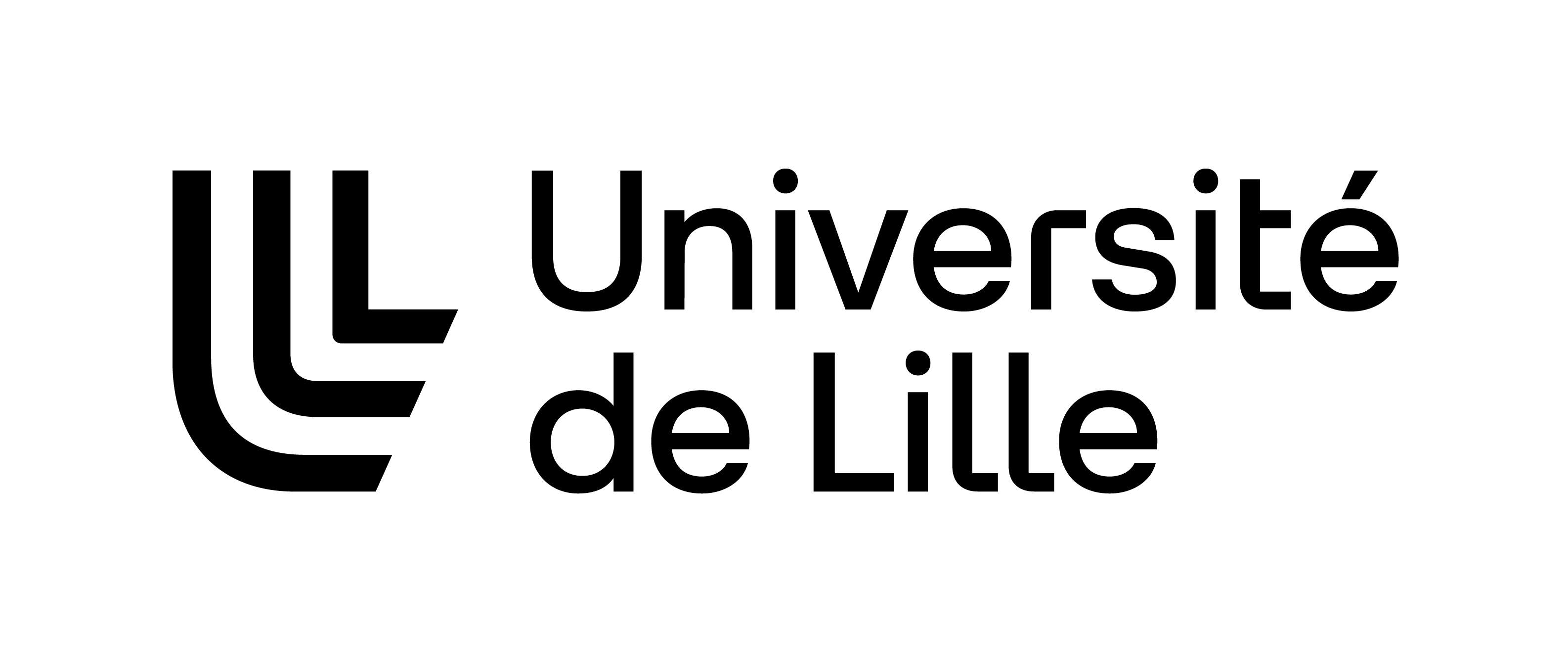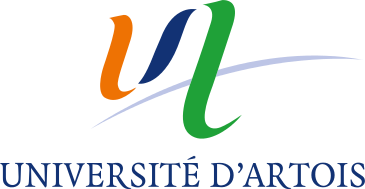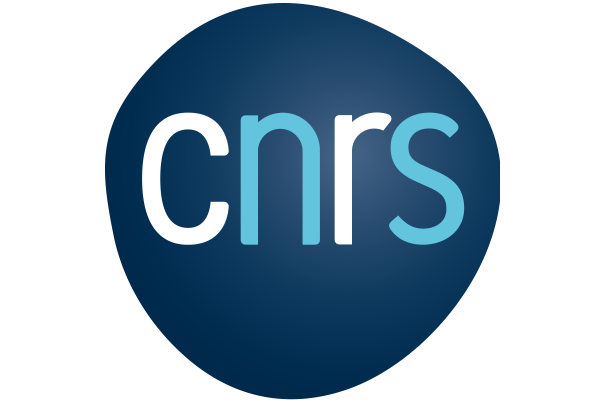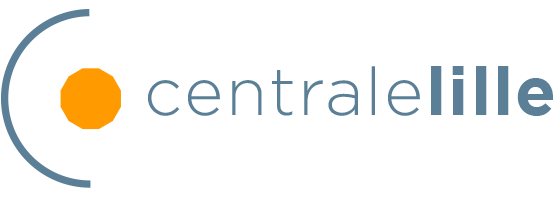-
Chemistry and Materials
Heterogeneous Catalysis (UCCS)
Research team - UMR 8181
The Heterogeneous Catalysis Department combines and synergizes skills in syntheses, advanced characterizations, molecular modelling and processes to serve the major problems of societies such as sustainable development, energy and the environment. The axis is structured in 5 teams. Three thematic teams cover areas of activity mainly related to the synthesis of chemical molecules (biomass recovery, Fisher-Tropsh synthesis, use of CO2), preservation of air quality (oxidation of VOCs, DeNOx), the production of clean or synthetic fuels and two cross-cutting groups focus their research on catalytic material synthesis and molecular modelling, applied to reactivity and spectroscopic development. The axis makes advanced characterizations a highlight of its activities and hosts the platform of surface characterizations (XPS, LEIS, Tof-SIMS), it is also partner of the ROCK Equipex (XAS in-situ resolved in time) a light line of the synchrotron SOLEIL. Beyond the catalytic synthesis-characterization-performance triptych, work in the axis seeks to cover the entire catalytic process from the description of the active site to the implementation of catalytic systems in the most appropriate reactors and processes.
-
Carole Lamonier
Contact
Université de Lille, Campus Cité Scientifique, Bâtiment C3
59655 VILLENEUVE D’ASCQ
https://uccs.univ-lille.fr/index.php/fr/catalyse-heterogene/presentation-de-l-axe
Skills
• New catalysts and sustainable catalysis processes
• Treatment and synthesis of clean fuels and platform molecules
• Materials for catalysis
• Development of robust and durable unconventional catalytic materials
• The use of solvent-free synthesis procedures leading to mixed oxides with a high specific surface.
• The use of biosourced molecules as structural guiding agents for hierarchically porous single and mixed oxides.
• Design of effective catalytic formulations based on non-precious metals (iron, copper, manganese)
• Forming oxides with structured porosity.
• Modeling and spectroscopy
• Theoretical chemistry
• Applying theoretical chemistry to catalysis in
and heterogeneous catalysis in particular
• Remediation and catalytic materials
• Catalytic removal of air pollutants such as NOx, N2O and VOCs
• Catalytic clean-up of air pollutants from stationary sources (industries) and mobile sources (vehicles)
• Synthesis and characterization of new catalytic formulations
• Alkanes and biomass upgrading
• Advanced catalytic biomass upgrading for biorefineries and on rational use of fossil resources
Applications sectors
- Science / Research
Affiliated institutions / organisations
Unit(s) of attachment
Doctoral schools
Regional strategic areas of activity
- Chemistry and Materials



